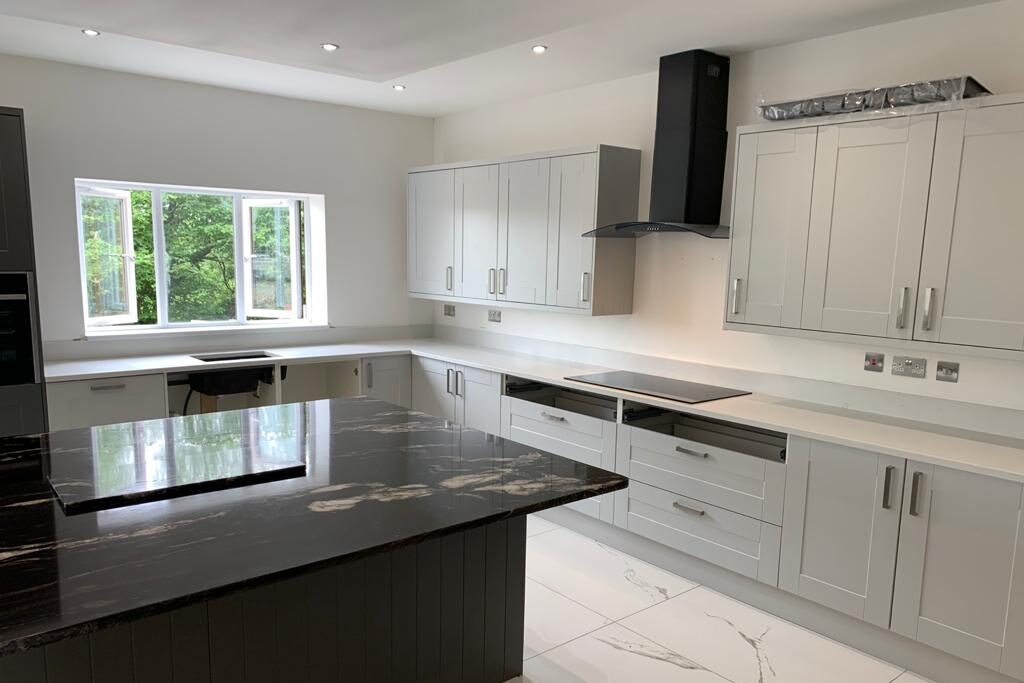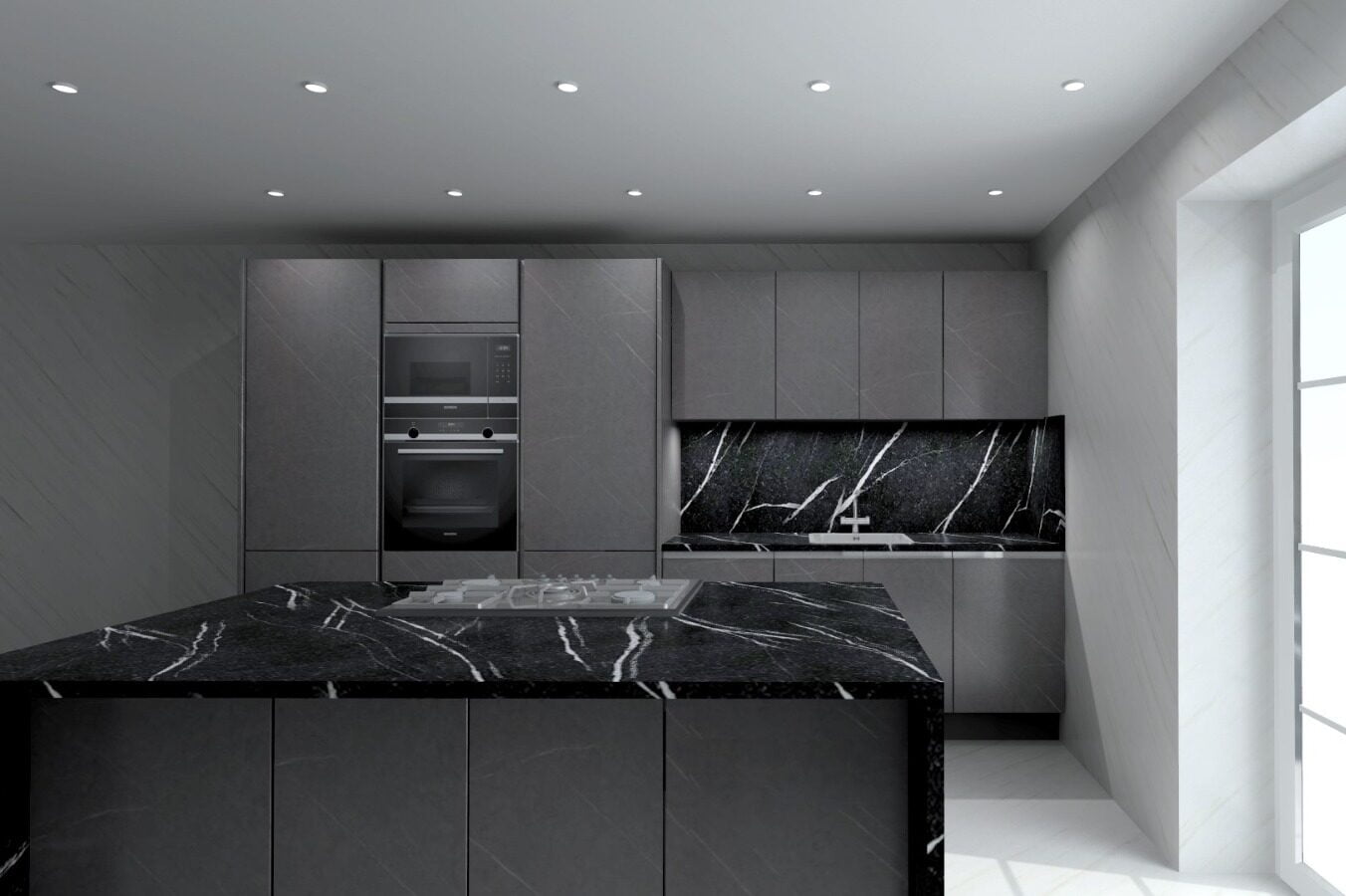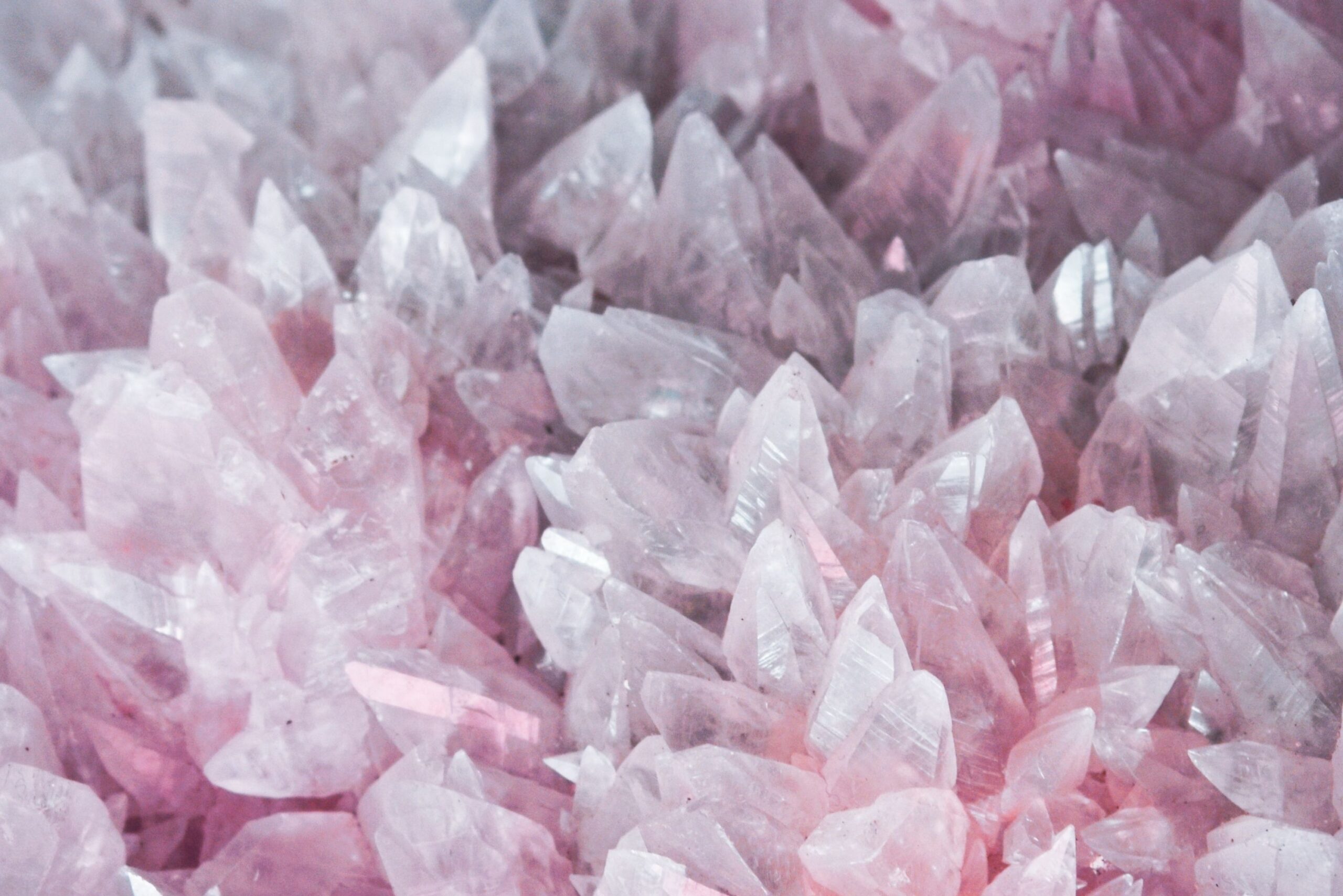What these Terms Refer to…
Porosity refers to the how much liquid is able to pass through the stone. This is a very important aspect to consider when thinking about a worktop or a stone surface, because the only way that they can stain is if they allow the liquid spillage to leak through, and remain inside, therefore leaving a mark.
Man-made materials such as Quartz, porcelain and Dekton are highly non-porous. This is because they consist of materials such as Quartz dust, resin, or clay-like substances. They are also compressed at very high pressures and extreme temperatures.
As a result, they have not got any gaps in between their particles, and so they barely allow any liquids to pass through their surface, and so they are highly resistant to staining. Regrading quartz, as long as it is cleaned every day, then even if there is a large spillage of a staining substance, the work surface will not stain at all.
On the other hand, Granite is a natural stone, and so because it is forged naturally, it still consists of small gaps between its particles. Therefore, if something spills on Granite, the liquids will be able to leak through into the stone relatively easily, and possibly stain the surface a little, all because Granite is quite porous. It is recommended that Granite is sealed twice a year roughly, and that it is wiped very regularly, in order to prevent any possible staining.
Porosity is one of the main reasons why Quartz worksurfaces are becoming increasingly more popular – they require less maintenance and are less prone to staining!




